Programming is a valuable skill that opens up opportunities in today’s digital age. Whether you’re a novice or an expert programmer, there are always avenues for enhancing your abilities and becoming a master in the field. In this article, we’ll delve into the guide to mastering programming skills, presenting ideas in a simplified manner, and offering practical advice to aid you on your programming journey.
Here Are The Ten Tips For Mastering Any Programming Language
1. Start With The Basics
To become skilled in programming, it is crucial to establish a groundwork in the fundamentals. Start by choosing a programming language that aligns with your interests and objectives. Begin with ideas such as variables, data types, and control structures. A grasp of these basics will facilitate the comprehension of concepts in the future.
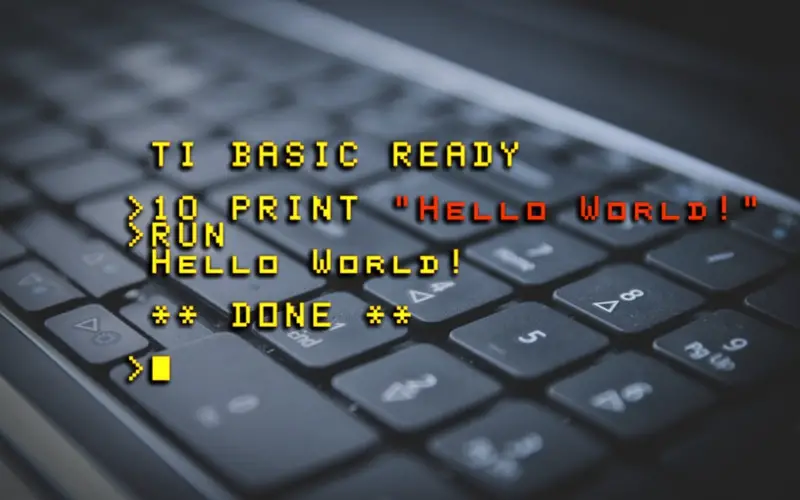
2. Practice Regularly
Consistency plays a role in becoming proficient in programming. It is crucial to dedicate time to practising coding exercises and working on projects. By pushing yourself and taking on challenges, you can strengthen your knowledge. Enhance your problem-solving skills. Additionally, consider being part of coding communities or engaging in coding challenges, as they can help you stay motivated and learn from fellow programmers.
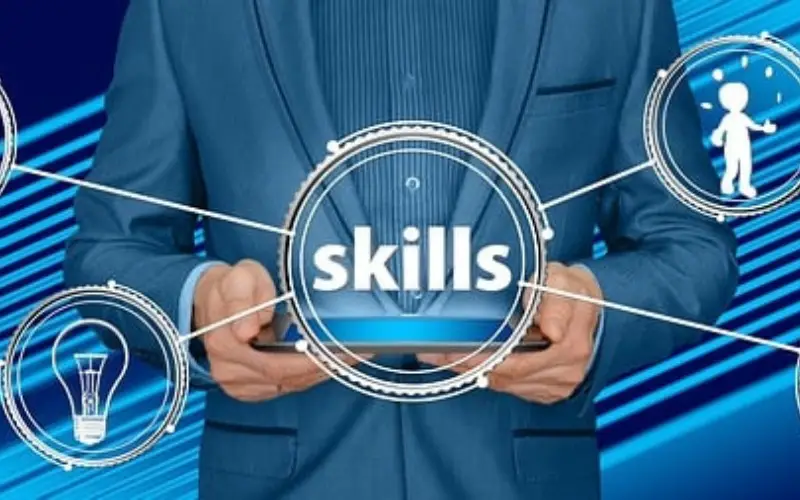
3. Break Down Problems
In programming, the essence lies in finding solutions to problems. When encountering a task, it’s beneficial to divide it into more manageable segments. This technique, referred to as decomposition, enables you to handle each part and subsequently merge them to solve the overarching issue. Breaking down problems in this manner fosters thinking. Enhances your capacity for creating efficient solutions.
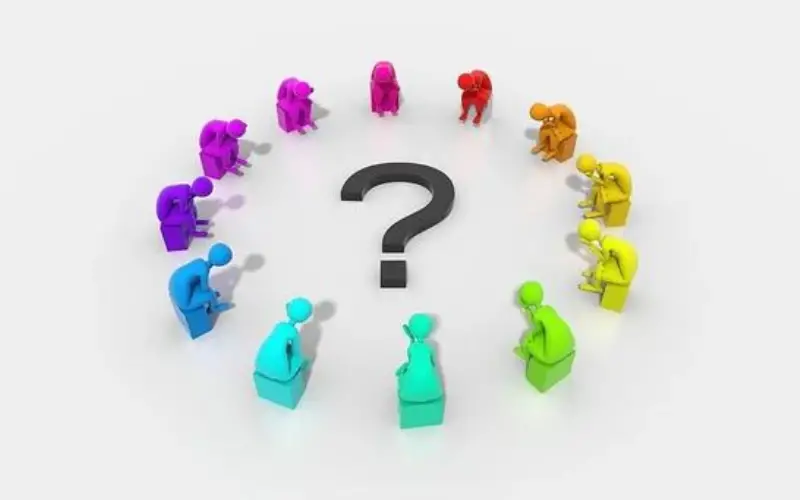
4. Learn From Others
In the world of programming, collaboration plays a role in honing your skills. One way to do this is by engaging with the programming community. You can achieve this by becoming a part of forums, attending meetups, or participating in communities by collaborating with fellow programmers. You will expose yourself to diverse perspectives, fresh ideas, and the latest best practices. Moreover, such collaborations open doors to mentorship and valuable feedback on your code.

5. Read Code
One of the ways to enhance your skills is by delving into code written by programmers. Take the time to explore open-source projects, libraries, and frameworks to gain insights into how professionals tackle coding challenges. please pay attention to their code structure, design patterns, and coding style. By studying their code, you not only expose yourself to programming techniques but also nurture the development of your coding style.
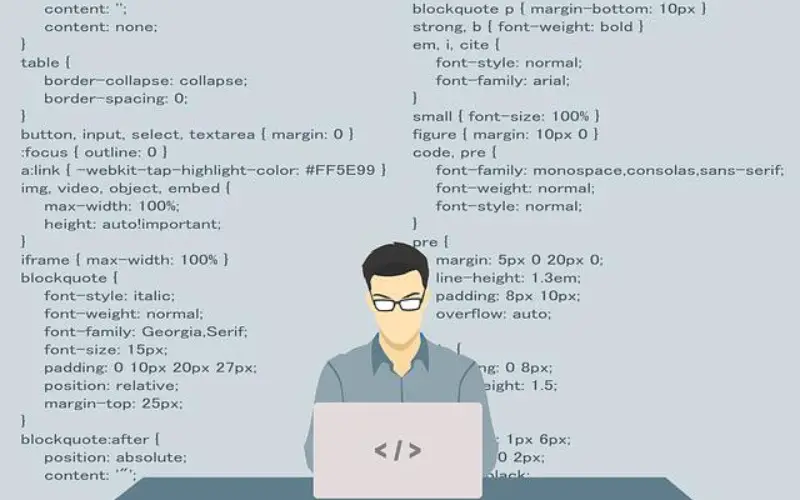
6. Build Projects
Simply understanding theory is insufficient to master programming skills. It is crucial to apply your knowledge by engaging in the act of building projects. Begin with projects and gradually escalate their complexity. By building projects, do not get the opportunity to practice problem-solving and apply programming concepts but also gain hands-on experience. This practical approach also enables you to develop a portfolio that effectively highlights your skills and abilities, making it easier to impress employers.
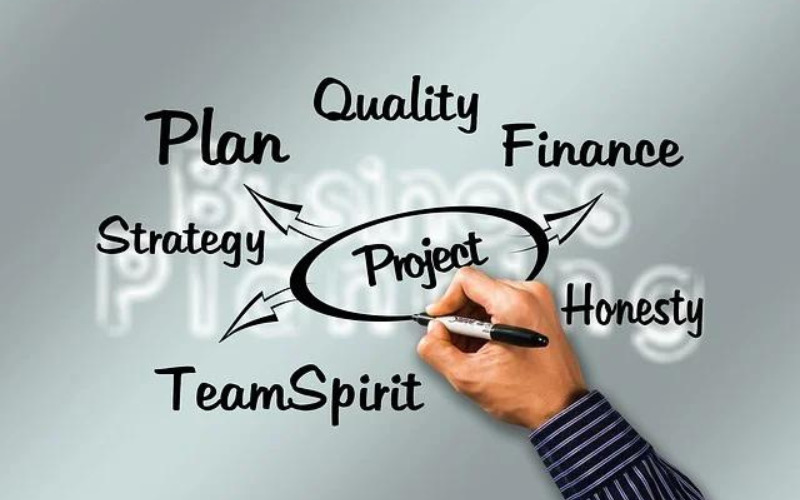
7. Debugging And Testing
Debugging is an ability for programmers of all levels. It involves the process of identifying and rectifying errors in your code in a manner. By utilizing debugging tools and techniques, you can effectively. Resolve issues while gaining a comprehensive understanding of how your code functions. Additionally, embrace the practice of testing your code thoroughly. Writing unit tests and performing integration tests ensures your code functions as expected and reduces the likelihood of bugs.
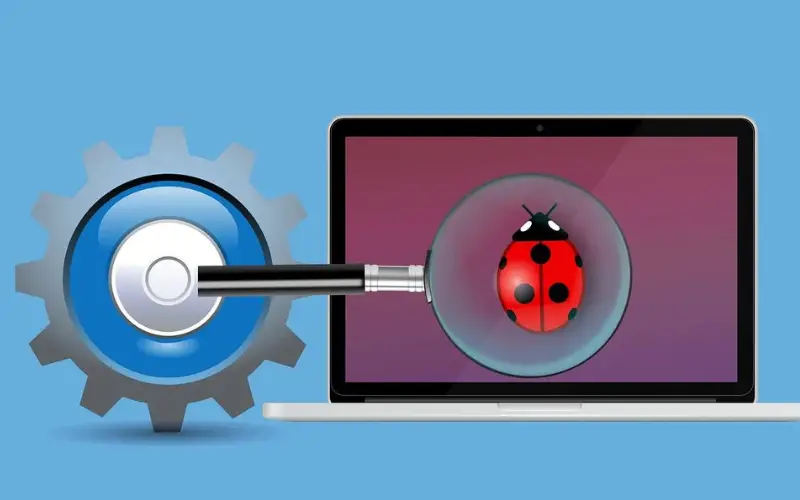
8. Stay Updated
The world of programming is constantly changing, with new programming languages, frameworks, and tools popping up all the time. To keep up with the trends and technologies, it’s vital to read programming blogs, follow industry experts on media, and participate in conferences or webinars. Continuous learning must remain relevant and adjust to the evolving programming scene.

9. Document Your Code
Many programmers tend to overlook the importance of documentation. It plays a role. When you document your code, it helps both you and others understand its purpose, functionality, and how to use it. Make sure to write comments, use variable and function names, and create documentation files or READMEs. Code that is well documented is easier to maintain, share with others, and collaborate on.
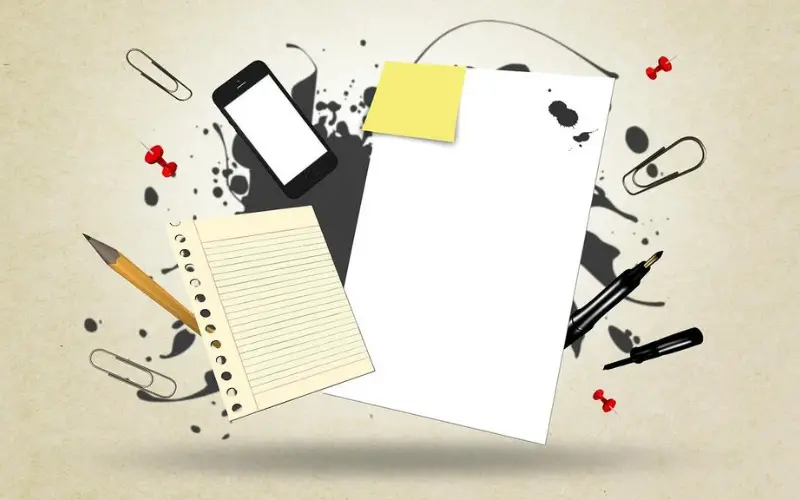
10. Embrace Challenges
Finally, it is vital to embrace challenges and push yourself beyond your comfort zone. Programming is a field that demands learning and problem-solving skills. Don’t hesitate to tackle tasks or delve into technologies. Embracing challenges not only fosters growth as a programmer but also broadens your range of expertise.



















